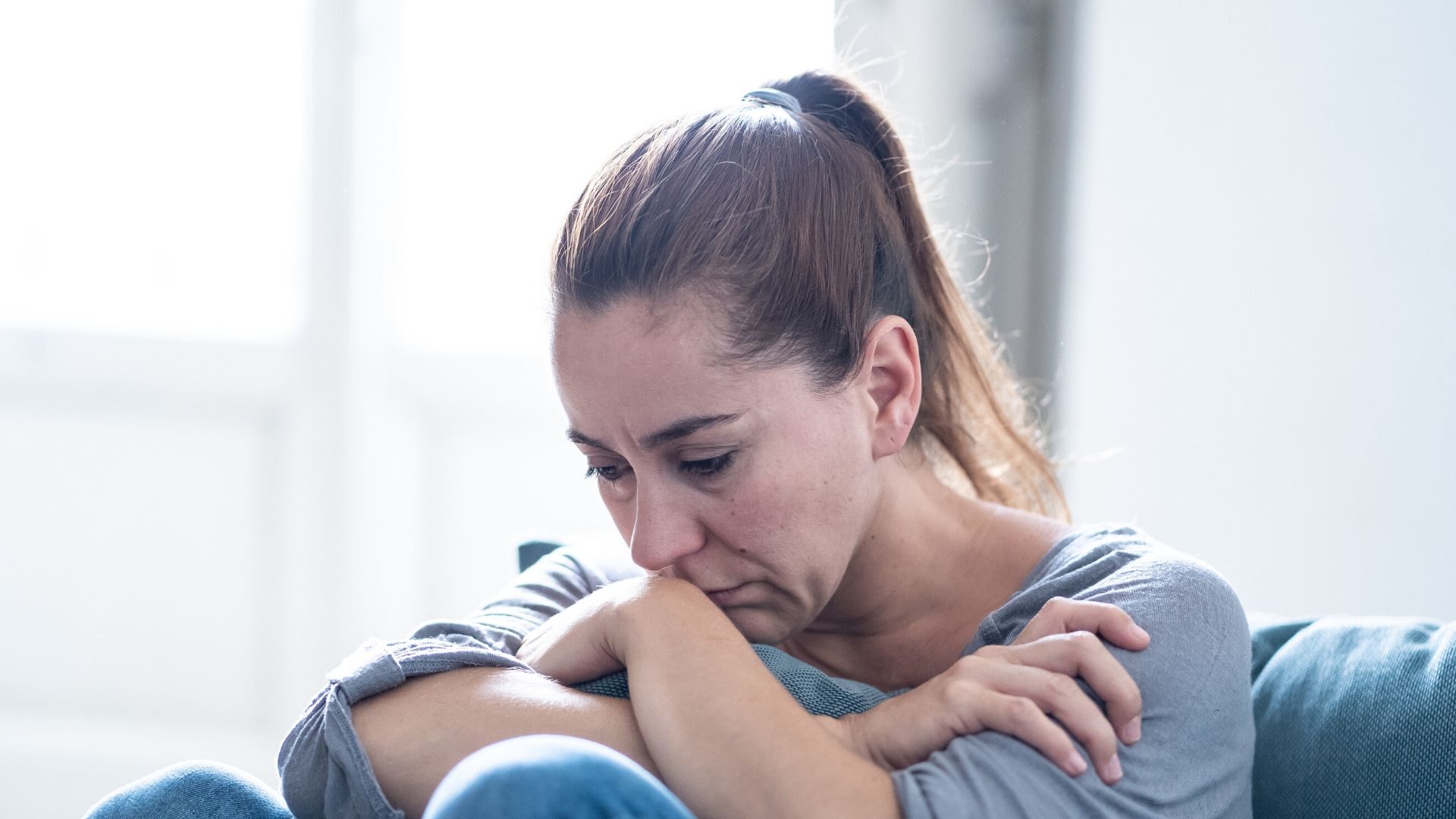
Medically-Assisted Detox
Medically-assisted detox is the supervised weaning of a drug from your system. This monitored detox may include administering a temporary drug to ease the pain of withdrawal symptoms and help patients recover in a safe environment. This is especially true when a patient is detoxing from strong substances that have harmful withdrawal side effects.
Who Needs Medical Detox?
After a patient has used an addictive substance over an extended period of time, their body becomes dependent on its effects. Once they stop using, the withdrawal symptoms they experience may be hard to handle and can become life-threatening. The severity of these side effects depends on the type of drug used and the length of use.
Detox without the help of medication is also an option for some clients. However, this depends on the type of substance involved. A licensed and experienced therapist can help guide you through whichever type of detox is best for you.
What is the Process Like?
Wherever you choose to receive medical detox, our physicians will always first perform a physical exam and ask questions about your medical history and drug use. After initial assessments, detox can begin in the comfort of a private bedroom at our facility.
Nurses and therapists check in regularly to ensure you feel as good as possible, including managing your medications, food, hydration, and comfort.
Once you start to feel better physically, it’s much easier to imagine a life without addiction. This is when we start therapy sessions to address the deeper roots of addiction.
If you are curious about what detox is like from different substances, read more about that here.
Why You Shouldn’t Detox Alone
Relapse rates are much higher in recovering addicts who choose to detox at home. A study from Addiction noted 62.4% of people who received professional detox or substance abuse treatment were more likely to remain abstinent over time compared to 43.4% of people who attempted to stop using or drinking on their own.
In addition to relapse rates, detoxing with some substances may be dangerous and could become life-threatening if an emergency situation should arise. We encourage everyone to never detox alone. Be sure to speak with a physician and contact an established rehab center like Beachside before you start the detox process.
Common Medical Detox Medications
Medically-assisted detox allows the body to gradually restore balance and eases the brain and body back to functioning. FDA-approved medications, such as buprenorphine, methadone, and extended-release naltrexone, are common medications prescribed to help aid in detox.
When taken as part of a monitored treatment program, these medications allow patients to return to a ‘normal’ life. They don’t produce the same euphoric effects as opioids and opiates and don’t impair the patient’s functioning.
Another important thing to remember is you shouldn’t use these medications as a substitute. Medications only assist in the treatment of opioid addiction and are used with other methods like therapy and social support. This is why it’s vital for medically-assisted detox to be closely monitored by experienced and licensed professionals.
Medically-assisted detox from trained professionals and the staff at Beachside can make your detox experience safe and manageable. We also can help you continue your sobriety journey with our rehab services and guidance. For continued reading, see how our rehab facility can further help you during detox.
Please contact Beachside Rehab to get started on your road to recovery today. We’re here for you and can’t wait to help you get sober.

